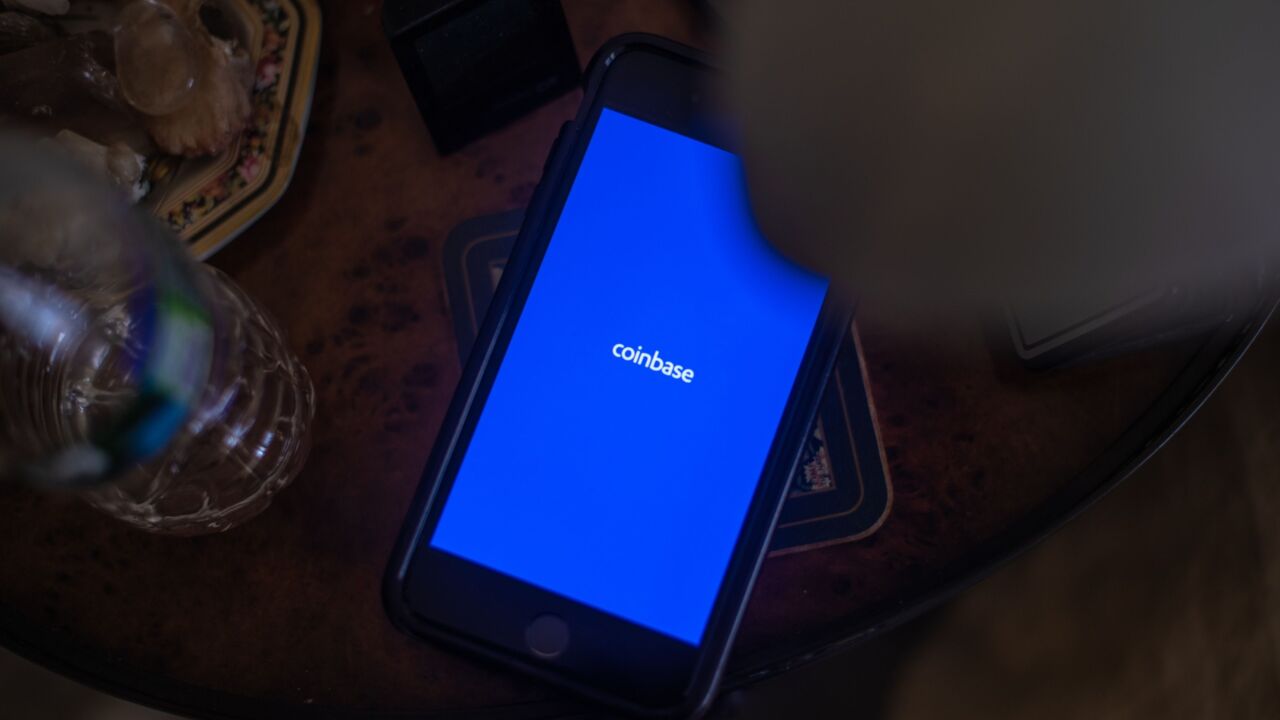-
The impact of U.S. sanctions against Russia on U.S. banks has so far been limited. But further escalation could lead to anti-money-laundering compliance challenges and invite cyberattacks, among other consequences.
March 1 -
Canadian banks have frozen just over 200 accounts under emergency powers invoked by Prime Minister Justin Trudeau that are meant to end protests in Ottawa and at key border crossings, a government official said this week.
February 23 -
Banks are still seeking clarity from law enforcement on how to handle the alleged protesters’ accounts. Finance Minister Chrystia Freeland said some accounts have already been frozen as part of a financial crackdown on those accused of paralyzing the nation's capital.
February 17 -
Coinbase Global, Gemini Trust and Robinhood Markets are among firms helping to build a platform to comply with a U.S. money laundering rule as crypto and financial technology companies seek to satisfy existing requirements and head off stricter oversight.
February 16 -
The registry created by the law — whose implementing rules are being written now — is worse than useless, pairing unverified data with severe penalties for misuse. It will confuse bankers, burden small businesses and embolden crooks.
February 11 RegTech Consulting
RegTech Consulting -
The Knoble, a nonprofit, is bringing together bank financial crime experts, law enforcement officers and the tech company Prove to help identify criminals and their victims in Los Angeles.
February 9 -
Ilya Lichtenstein and his wife, Heather Morgan, were arrested for allegedly masterminding the 2016 scheme. They are scheduled to appear at federal court in Manhattan Tuesday afternoon.
February 8 -
Stephen Calk had argued against incarceration, while prosecutors asked for 51 to 63 months behind bars. The ousted bank CEO was convicted of approving $16 million of loans in exchange for Paul Manafort’s help in landing a job in the Trump administration.
February 7 -
The U.S. Treasury Department is looking more closely at potential money laundering and the financing of terrorism through trading high-value art.
February 4 -
A proposal by the Financial Crimes Enforcement Network would create a pilot program allowing banks to do something they've long wanted: share suspicious activity reports with their own units in other countries. But many banks may take a pass if the agency doesn't ease the compliance requirements, experts say.
January 24








